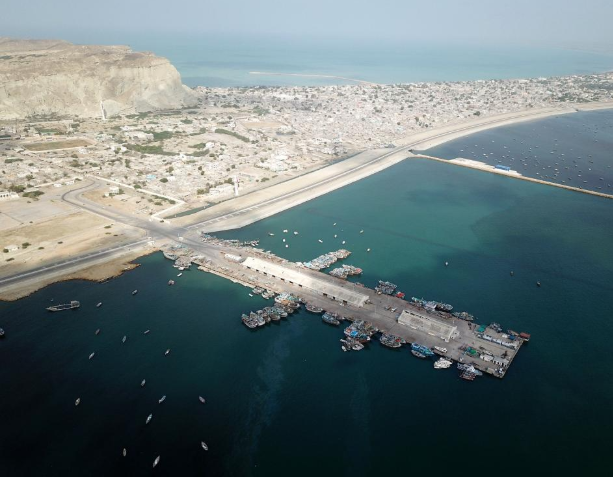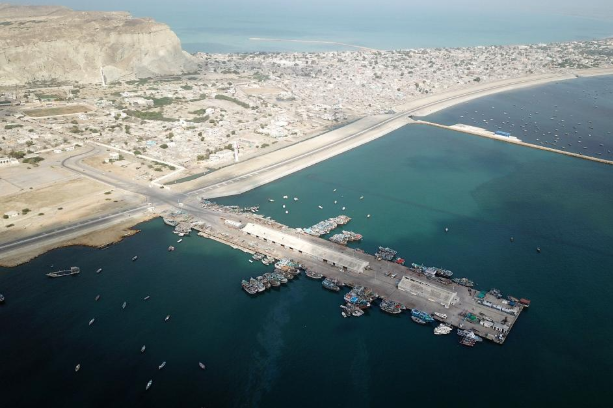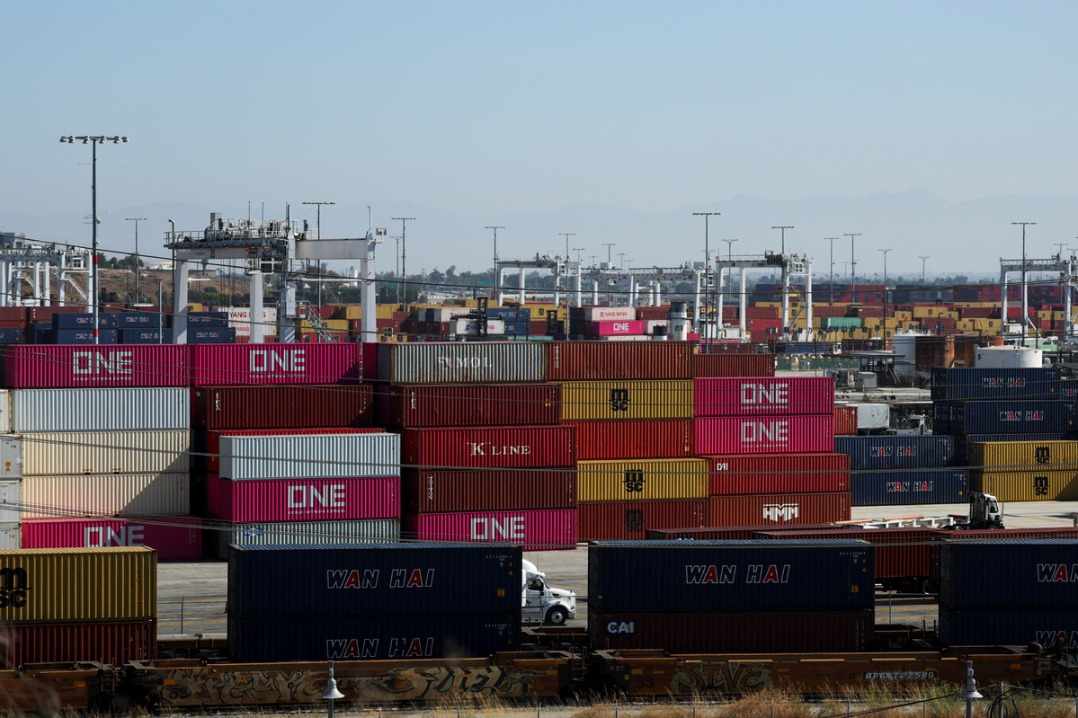Gwadar Port expansion to boost growth
Plan shows how BRI delivers tangible benefits in Asia and beyond: Analysts


Pakistan's decision to expand operations at Gwadar Port marks a milestone that will inject fresh momentum into growth, prosperity and cooperation in the region while enhancing the scope and connectivity of the China-Pakistan Economic Corridor, or CPEC, analysts said.
Pakistan's Ministry of Maritime Affairs unveiled plans last week to expand operations at the port by establishing new shipping lines and introducing a ferry service to the Gulf Cooperation Council countries.
Muhammad Junaid Anwar Chaudhry, the minister who chaired a meeting on July 1, said the initiative is part of a broader plan to boost regional connectivity, enhance Pakistan's maritime trade and develop Gwadar into a major transshipment and logistics hub in the Arabian Sea, according to an official statement.
Chaudhry, the Pakistani minister for maritime affairs, said the expansion would support growing trade with Central Asia and the Middle East, while positioning Gwadar as a central node in regional supply chains.
Imran Khalid, an international affairs commentator based in Karachi, Pakistan, said that in the short term, the establishment of new shipping lines and the introduction of a dedicated ferry service to GCC countries will lower transport costs and cut the transit time for traders, exporters and passengers alike.
In the long term, Gwadar's expanded role as a transshipment and logistics hub will deepen its integration into the CPEC and the broader China-proposed Belt and Road Initiative, he added. Located in Pakistan's southwestern Balochistan Province, the port is a key component of the CPEC.
Enhanced connectivity through Gwadar has the potential to boost trade volumes, strengthen supply chains and encourage the flow of goods and services across the region. Khalid said that as global trade routes evolve, a thriving Gwadar can help diversify Pakistan's trade portfolio and reduce dependency on a few markets.
"Overall, this timely initiative is a positive step toward realizing Pakistan's vision of a more connected, prosperous and regionally integrated economy — and it offers yet another example of how the BRI framework can deliver tangible benefits for all stakeholders across Asia and beyond," he said.
Mehmood Ul Hassan Khan, president of the Center for Knowledge and Public Policy in Lahore, Pakistan, said the expansion of the port's operations will help further strengthen pace, scope, productivity and connectivity of the CPEC Phase II in the country, reduce freight time, and increase revenue, ensuring trans-regional economic benefits for all.
Maarij Farooq, deputy editor-in-chief at Pakistan Economic Net and Daily Ittehad Media Group, said the expansion of Gwadar Port represents a major achievement for the BRI in Pakistan.
"I believe this step not only enhances Pakistan's strategic maritime capability but also proves the BRI is a long-term and people-centric development model. Gwadar, as the flagship of CPEC, is now beginning to transform from a symbolic location into a practical gateway of economic activity, linking Pakistan with the broader Middle East and beyond," he said.
According to him, the expansion is a win-win example of South-South cooperation, where two time-tested friends, China and Pakistan, are working together not only to transform infrastructure but also to shape a future of shared prosperity.
Affordable transport
As part of the port expansion, Pakistan plans to launch a ferry service from Gwadar to GCC countries to provide affordable and direct maritime transport for passengers and cargo.
"I understand that this development goes far beyond port logistics," Farooq said, adding that "the launch of passenger and cargo ferry services will open up significant economic opportunities for Pakistan, particularly for small and medium-sized traders who often face high transportation costs and limited market access".
He said this will help reduce the cost of doing business and will encourage trade that is not just limited to large enterprises.
Enhancing the operational capacity of Gwadar Port would unleash its economic potential by establishing a new direct maritime link for passenger traffic and transit trade among GCC nations, South Asia and Central Asia, said Abdulaziz Alshaabani, a researcher at the Al Riyadh Center for Political and Strategic Studies, in Riyadh, Saudi Arabia.
Affordable direct maritime transport for passengers would bring tangible benefits to expatriate communities, cross-border merchants and tourists, he said, while noting that Pakistan serves as an important source of labor for GCC member states.
"The Gwadar Port has the potential to evolve into a transcontinental trade hub, complementing existing global trade networks," Alshaabani said. "However, in the long run, a crucial prerequisite is that security and instability challenges in the region are effectively addressed."
Launched in 2013, CPEC, a flagship project under the BRI, connects Gwadar Port in Pakistan with Kashgar in Northwest China's Xinjiang Uygur autonomous region.
Contact the writers at vivienxu@chinadailyhk.com

































